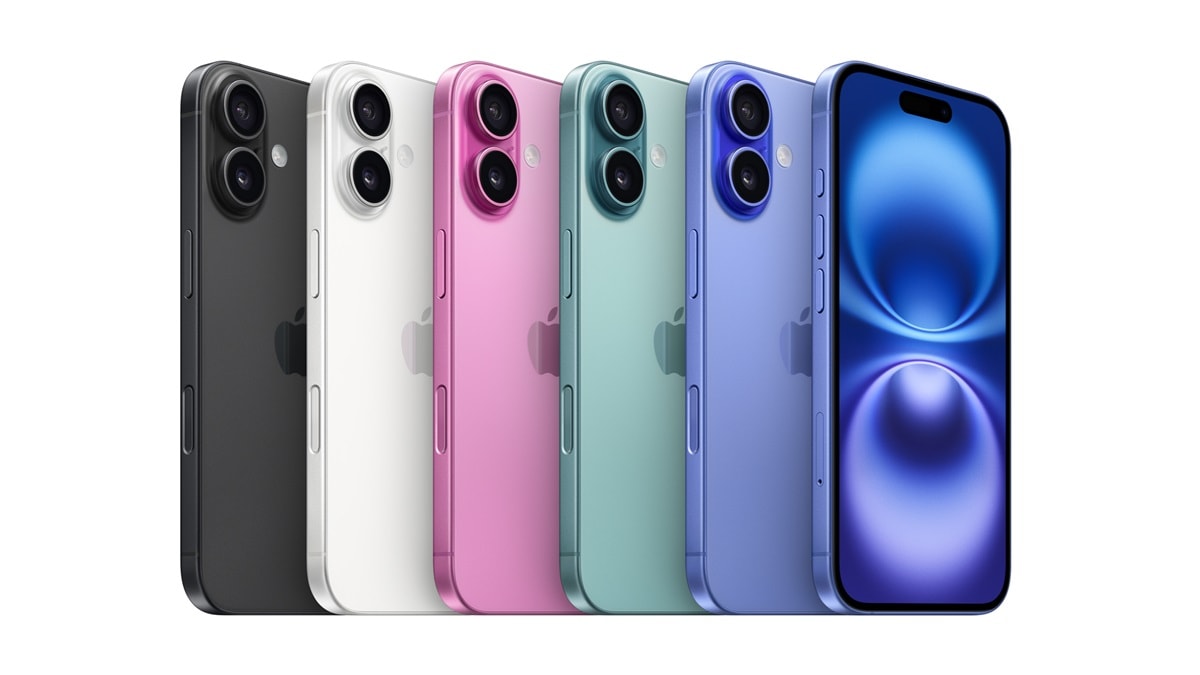Apple introduced A18, A18 Pro chipsets
At the event, the company said that the iPhone 16 and iPhone 16 Plus have A18 processors, while the iPhone 16 Pro and iPhone 16 Pro Max have A18 Pro processors. Providing the A18 processor in the non-Pro model means that the iPhone 16 does not have an A17 Pro chip. Apple claimed that this would significantly improve performance. Both chipsets are built on the second generation of the 3nm process, which was first seen with the A17 Pro. It has a 16-core neural engine, which is said to handle AI tasks at 35 TOPS, as well as a 6-core CPU and 5-core GPU.
Apple claims that the 6-core CPU of the A18 chipset is 30 percent faster than the previous A16 Bionic. It is also said to be 30 percent more energy efficient. Apart from this, the iPhone 16 and iPhone 16 Plus get 40 percent faster and 35 percent power efficient GPU performance compared to the iPhone 15 models. These devices are also getting hardware-accelerated ray tracing capabilities.
The A18 Pro processor in the iPhone 16 Pro and iPhone 16 Pro Max is claimed to bring a 17 percent increase in total system memory bandwidth, which will help the devices perform complex AI tasks. The new processor is said to be 20 percent faster in GPU performance and 15 percent faster in CPU performance compared to the A17 Pro. It is also said to be 20 percent more energy efficient.
Apart from this, the A18 Pro also offers improved ray tracing with realistic light sources and reflections as well as more consistent frame rates. The chipset also powers Always-On and ProMotion technology on the device. Apart from this, it supports faster USB 3 speeds and ProRes video recording. A new ISP and video encoder process double the amount of data for faster video encoding and pro workflows.
